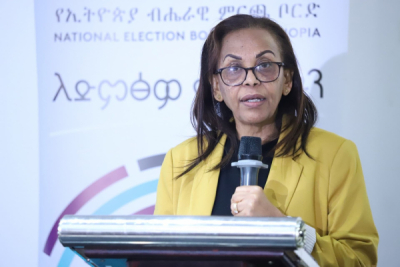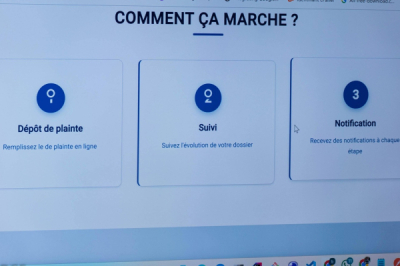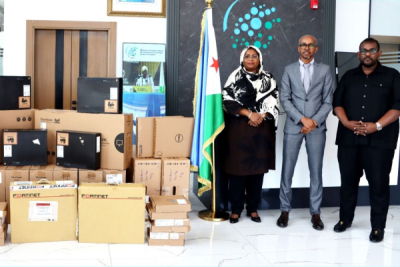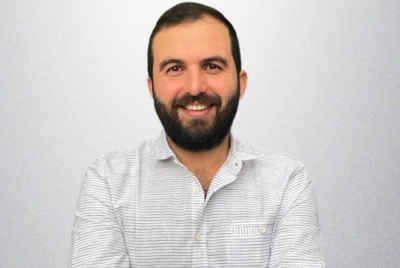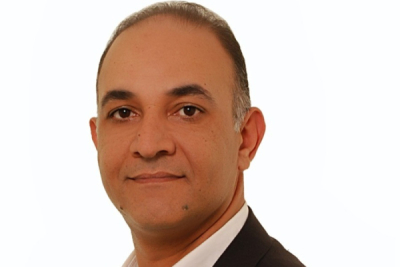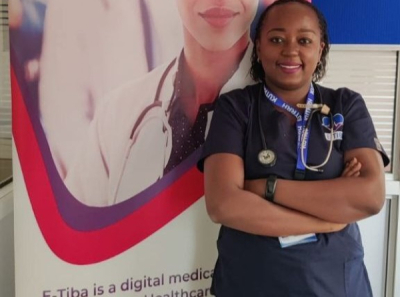Côte d'Ivoire aims to become an air hub in West Africa. To achieve this, the government has sought the expertise of California-based start-up Zipline, considered the world leader in instant logistics and drone delivery.
U.S. medical delivery company Zipline will deploy its services in Côte d’Ivoire, in the coming days. Indeed, it recently secured the Certificate of Automated Aircraft Operators (CEAT) from the National Civil Aviation Authority (ANAC) of Côte d'Ivoire.
The CEAT, which is a pre-requisite to fly any automated aircraft in the country, was presented, last Friday, during a ceremony attended by the Ministers of Transport and Health.
According to Diop Boubakar, the Ministry of Transport’s spokesman, air transport is one of the priorities of Côte d'Ivoire’s development plan. To achieve the country’s ambitions in that industry, the Ministry of Transport tasked the ANAC to take the required measures to make the country an air hub in West and Central Africa. ANAC is notably tasked to develop aviation and airport infrastructure. For Diop Boubakar, it has succeeded in doing so with the certification CEAT certificate it granted (the first in Francophone Africa).
In December 2021, Zipline decided to expand into the Ivorian market. At the time, it announced an agreement with the country’s Ministry of Health for the delivery of vaccines, drugs, blood products, and other medical supplies to health facilities all over the country, even in remote and hard-to-reach areas. The partnership is expected to help create many jobs for the local population as Zipline is expected to hire local talent to manage the four distribution centers (to be built and operated by Zipline) where the health products will be stored and distributed to 1,000 health centers across the country. The first distribution center, located in Daloa, should be commissioned in the coming weeks.
Since 2016 when it started its drone delivery operations in Africa (with Rwanda), Zipline has steadily expanded its instant medical logistics business to other African countries, such as Ghana, Nigeria, and Kenya.
Samira Njoya




